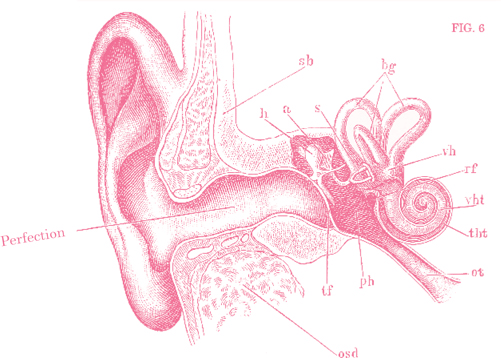PERFORMANCE
Once a reading of a book is under way, and we sink into the experience, a performance of a sort begins…
We perform a book—we perform a reading of a book. We perform a book, and we attend the performance.
(As readers, we are both the conductor and the orchestra, as well as the audience.)

When we read, it is important that we believe we are seeing everything…
When I play the piano—as opposed to when I am listening to piano music—I don’t hear my mistakes. My mind is too busy imagining an idealized performance to hear what is actually emanating from the instrument. In this sense, the performative aspects of playing the piano inhibit my ability to hear.

Similarly, when we read, we imagine that we see.
There are radical disjunctures in our readings…
We seem to know—if we are good readers—where in a text to find the information we need.
Though managing and executing these disjunctures is an integral part of the performative art of reading, when we remember reading a book, we gloss over this aspect of the experience.

***

***

***
To say fiction is linear is not to say we read in a straight line. Our eyes perform leaps, as do our minds. “The frantic career of the eyes” is how Proust described reading. The eye jumps around. If you are a fast reader, and therefore comfortable recognizing where, in a block of text, the information you are looking for lives, you hop backward and forward through books. If you are scanning, you can scan for characters and their physical attributes. You could read a book for only these things. But if we read this way, if we excised all but the corporeal details, wouldn’t we miss everything?
***

Dr. Zhivago
 ТЕЛЕГРАМ
ТЕЛЕГРАМ Книжный Вестник
Книжный Вестник Поиск книг
Поиск книг Любовные романы
Любовные романы Саморазвитие
Саморазвитие Детективы
Детективы Фантастика
Фантастика Классика
Классика ВКОНТАКТЕ
ВКОНТАКТЕ